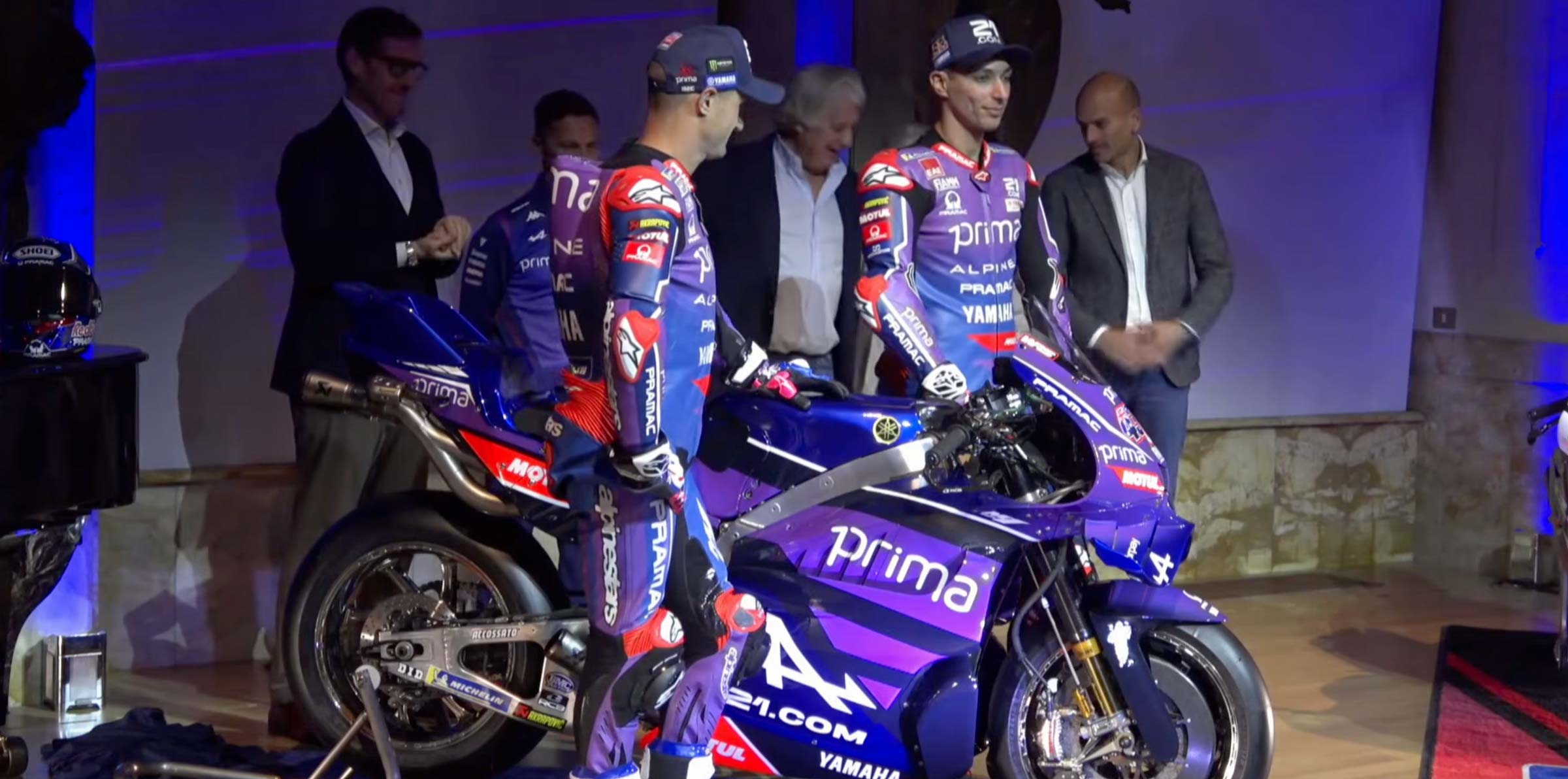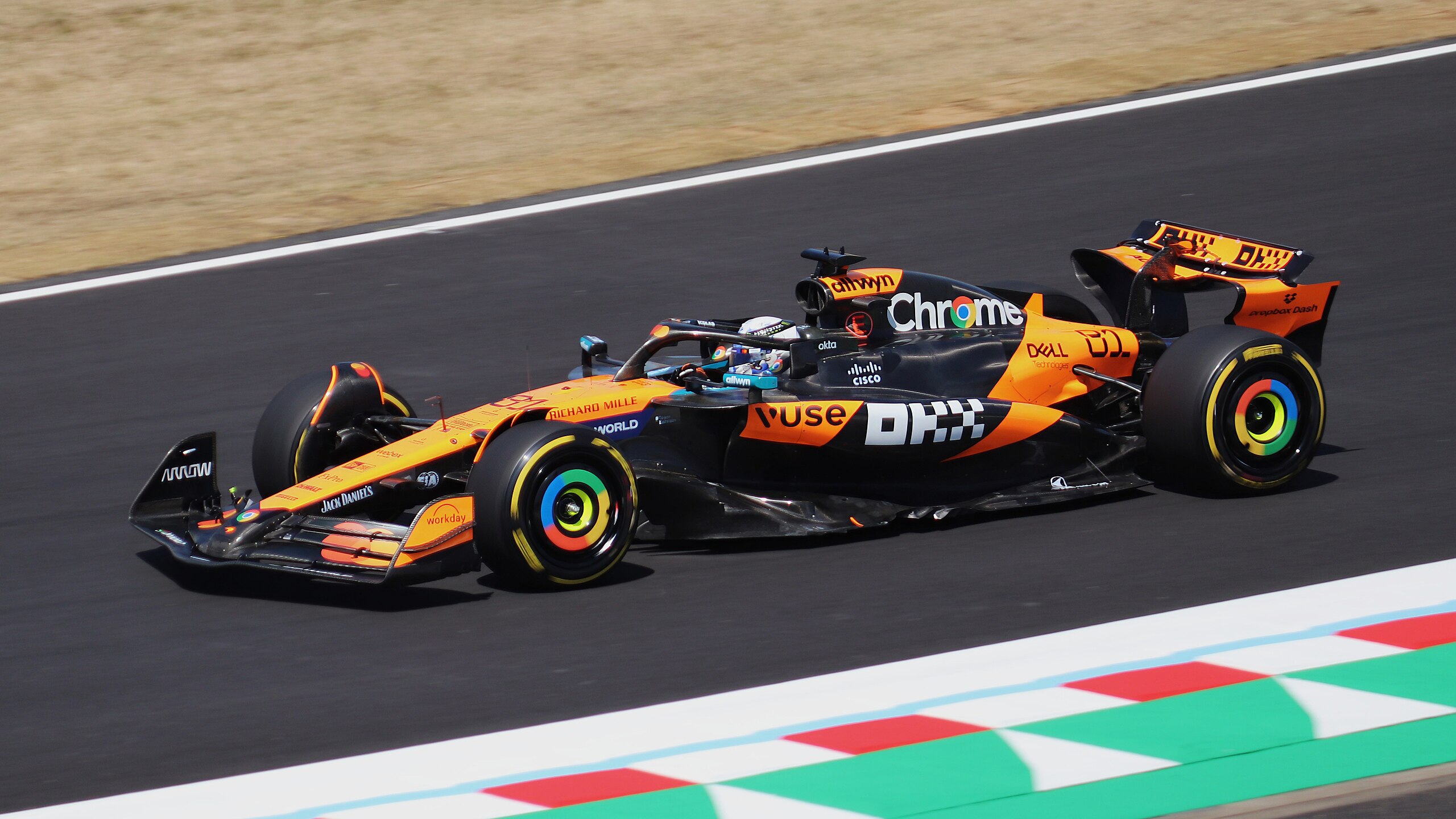“Offering sponsorships”, “looking for sponsors”, and “companies interested in sponsoring”. These are just a few of the many searches made every day by teams and athletes seeking funding for their sports season or career. But be careful, though, because seeking sponsorships requires a good deal of preparation to even be considered by companies.
How to find sponsors for athletes: a question preceded by more questions
How to ask for sponsorship from Red Bull? How do I get sponsorship from GoPro? How do I get sponsors for athletes? Those in a profession like ours, namely sports marketing, hear these questions—and their analogues—thousands of times in their working careers. An immense number of athletes, professional and non-professional, in their desire to emulate the feats of their more famous colleagues, or just in an attempt to find the necessary budgets to face the next sports season, throw themselves on the web in search of easy answers and recipes with immediate results.
However, sponsor search is an absolutely specific and by no means easy craft, which presupposes that—at its base—there is equally methodical work. It is an absolutely peculiar craft, and one that we do not do, since we target companies in need of sponsorship advice, and not the other way around.
We have already given, in a previous article that you can find at this link, some useful advice to those entering this world. In the desire not to bore those who have already read those lines, we want to suggest—to those seeking sponsors—a substantial reversal of approach. In fact, we believe that for the question What companies are willing to sponsor?” it is necessary to put another question before it: What do you have to offer companies?”
Provocative as it may sound, the question is pregnant. Sure, you seek funding for your activities, but what can you give in return to possible funders? The answer lies in many areas, all related to marketing, ranging from visibility to value similarity, from the possibility of content creation to the B2B opportunity you can possibly create.
Indeed, it is necessary to see sponsorship as a win-win tool, that is, one that brings benefits to both sides of the deal. Above all, it is necessary to see sponsorship as a tool capable of solving the commercial and communication needs of a brand, a company, and a brand. Writing to a major energy drink asking for a hand in tackling a minor league without bringing any added value will most likely result in a negative response, or even a non-response.
Much more useful is to try to focus on USPs, or unique selling propositions (i.e., things you can only offer in the landscape) that provide a concrete benefit to the company. Remembering that—most of the time—it is not the athlete who finds the sponsorship, but the sponsorship that finds the athlete.
Companies looking to sponsor athletes: a different perspective
Much is written about athletes looking for sponsors, but what about companies looking to sponsor athletes? While less visible, this is an equally strategic and structured process. Brands do not distribute sponsorships randomly or out of philanthropy—they invest in athletes who align with their values, target audiences, and communication goals.
In fact, companies actively seeking athletes to sponsor often rely on marketing agencies, data analysis, and scouting reports to identify talents who can contribute to brand awareness, reputation, and engagement. They look for well-positioned individuals who offer not only performance, but also media reach, credibility, and storytelling potential.
This means that if you are an athlete hoping to attract sponsors, understanding what companies are really looking for is essential. Brands want relevance, resonance, and return—three “R”s that any sponsorship proposal must clearly demonstrate. Knowing who you are, what you represent, and how you can deliver value is the first step toward being found.
Seeking Sponsors
We are not in the business of finding sponsors for athletes and sports teams. RTR Sports is not a sponsor search agency. Our job is to give advice to companies that use or intend to use sports as a marketing and communication tool. We are often contacted by sports teams or athletes who need funding; unfortunately, we have to decline, as this is not our function. We are not involved in managing athletes (an activity done by managers and attorneys), and we are not involved in seeking sponsorships for sports teams. But, if you are a business and feel like exploring the sports sponsorship industry, we would be happy to answer your questions and curiosities; feel free to contact us at info@rtrsports.com (find out more about what a sports sponsorship is and what it is for).










